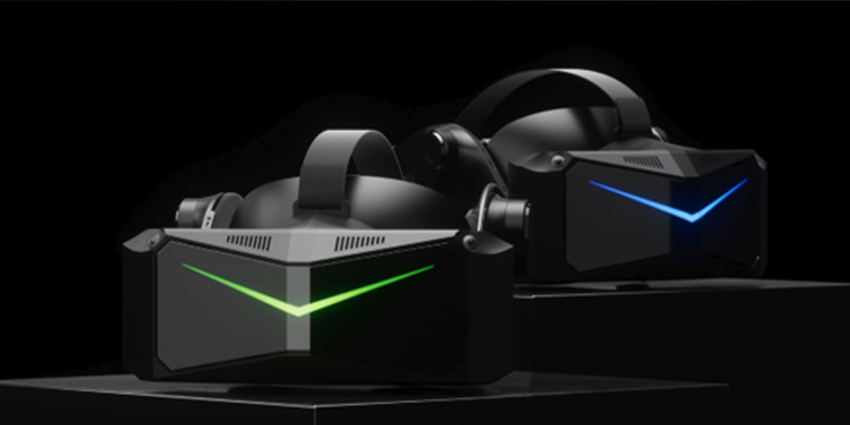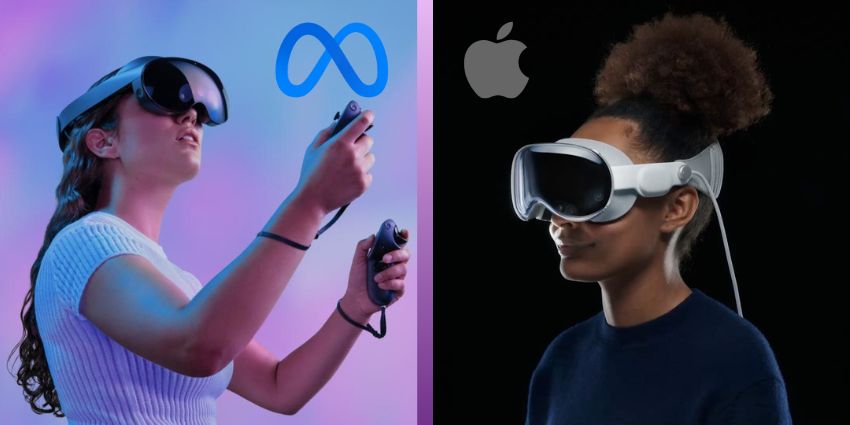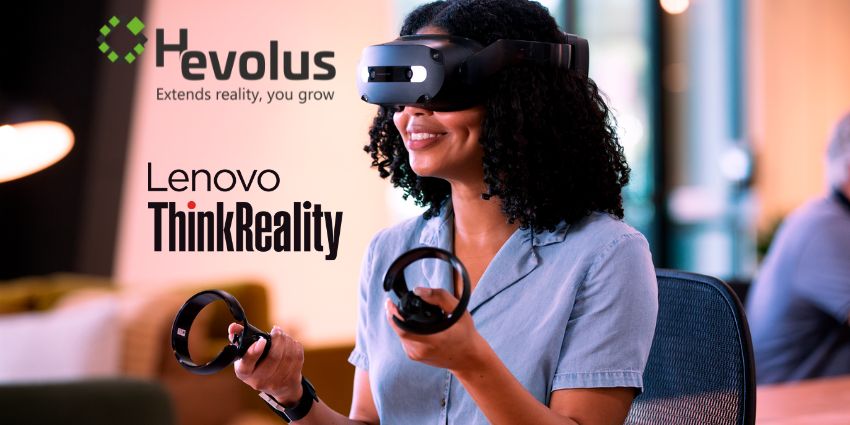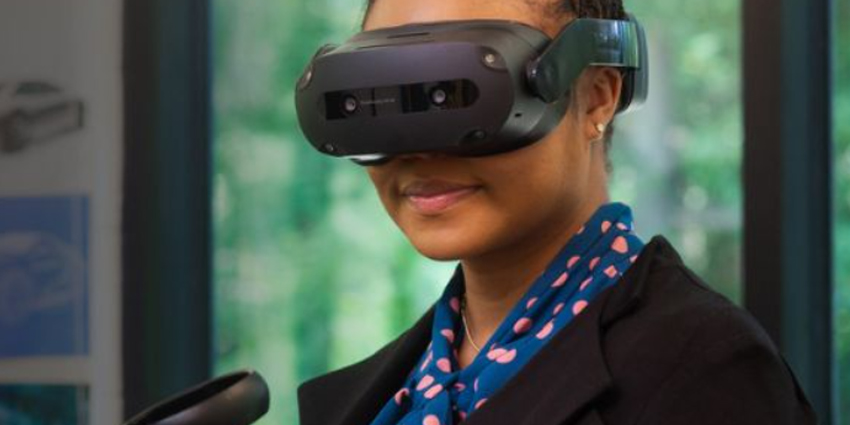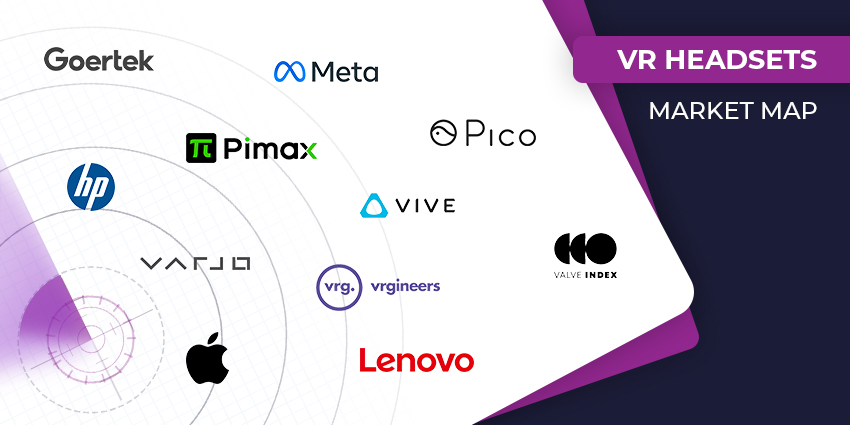Across the digital landscape, there are countless news reports and articles discussing how the metaverse will soon arrive to transform the way companies connect with customers. However, the reality is the metaverse is no longer just the “future” of customer interaction; it’s a reality already influencing countless brand interactions.
For years, companies have been searching for new ways to engage their audiences, generate loyalty, and increase conversions. The metaverse, while still a novel concept, provides business leaders with a unique opportunity to showcase products and services like never before.
Built on the foundations of community connections, immersive experiences, and innovation, the metaverse is giving new life to the marketing and customer experience strategies of major companies. Here’s an insight into how just some big companies are embracing the metaverse.
1. Engaging Customers with NFTs
NFTs are an exciting new concept linked to the Metaverse and the age of “decentralised” internet experiences. In the metaverse, consumers can collect virtual art pieces, avatar assets, and other products, transformed into “Non Fungible Tokens”. These tokens provide consumers with a new way to connect with their favourite brands, while giving companies a new avenue for revenue.
For instance, Nike, the athletic apparel brand, launched “Nikeland” in 2021, on the Roblox platform. In this interactive world, consumers can play games, purchase avatar clothing from Nike, and collect NFTs. As of September 2022, around 21 million people have already visited the virtual version of Nike’s store, which is based on the company’s headquarters.
The Metaverse provides Nike with a new way to engage its audience and showcase its products outside of physical stores and traditional websites.
2. Launching Limited Edition Sales
Exclusive sales and offers are an excellent way to capture customer attention and generate hype around a brand. The metaverse, as a relatively “exclusive” environment at the moment, is an excellent landscape for hosting these unique events. For instance, Gucci, the fashion company, hosted a metaverse experience of the “Gucci Garden” on Roblox in 2021, to mark its 100th anniversary.
The unique metaverse experience included an art exhibition designed to increase brand recognition among younger clients. It also featured a number of themed rooms which highlighted some of the company’s most famous campaigns. The garden also featured a store where customers could buy unique, limited-edition products for their avatars, based on a display in Florence.
In a similar vein, Coca-Cola dropped a unique collection of metaverse NFTs for “International Friendship day in 2022, with a limited number of items to collect. The beverage company has announced it plans to continue working in the metaverse going forward, and will produce new limited-edition collectibles in the years ahead.
3. Gamifying Advertising Campaigns
93% of marketers say they not only generate great benefits from gamification in advertising, but they also plan on continuing to use the strategy to boost brand engagement going forward. As companies struggle to find ways of standing out in a cluttered landscape, gamified experiences can be a fantastic way to encourage community buy-in and word-of-mouth promotion.
The metaverse offers a phenomenal environment for gamified marketing experiences, as many of the existing “metaverse” environments are already built into popular games. There are plenty of examples of companies taking advantage of the metaverse for gamification today. For instance, Lamborghini shared a preview of its new car in the form of an unlockable vehicle in Fortnite.
Elsewhere, Wendy’s created a unique character in the Fortnite game, to draw attention to its fast-food brand. The character is on a mission to “destroy frozen beef” within the “Food fight” game mode in Fortnite. Wendy’s even streamed its own gameplay to consumers, earning more than 250,000 live viewers. The campaign even won a number of influence awards.
4. Creating Virtual Stores
Virtual stores in the metaverse are one of the most exciting new opportunities for companies looking to connect with consumers in a digital world. As customers become more accustomed to shopping online, they’re looking for businesses to deliver more immersive experiences for them.
For instance, in January 2022, Samsung launched a new metaverse environment in Decentraland, modelled after its store in New York City. Since opening, the store has received more than 120,000 customers, who could use the environment to shop for different products, interact with in-game characters, accomplish missions and more.
The metaverse even provides businesses with an opportunity to sell new products outside of their existing portfolio. For instance, Burberry, the British Fashion brand, joined forces with Blankos Block Party to sell a brand-new NFT collection to fashion lovers.
5. Developing Loyalty Campaigns
Thanks to its focus on community building, the metaverse offers companies an excellent opportunity to develop loyalty and trust among their target audience. Collecting NFTs is just one of the ways consumers can show their commitment to, and support of a brand.
Some forward-thinking organisations have already begun to explore the advantages of adding metaverse assets to their loyalty and VIP reward campaigns. For instance, Clinique offers reward program customers an opportunity to win not just ten years of beauty supply products when they buy from the company, but also an exclusive NFT artwork.
As companies look for new ways to continue drawing customers back to their store in the years to come, loyalty campaigns built around the metaverse could generate significant rewards.
6. Delivering Customer Service
Finally, many experts already agree the metaverse has the potential to significantly change customer experience. In a world where “omnichannel” interactions are constantly evolving, it makes sense to consider the metaverse and XR environment as the next “channel” for customer service.
In metaverse environments, companies can provide their customers with personalised service and support as they shop for new products. For instance, Tommy Hilfiger gave customers a chance to interact with products in the virtual world, and purchase both NFTs and physical items directly from a metaverse environment.
Elsewhere, HSBC, the banking group is currently in the process of shutting down a number of physical branches, but it’s also building new digital environments in the metaverse. The company has purchased land on the Sandbox, where it plans to engage all kinds of new customers with service solutions, gamified experiences, and marketing campaigns.


